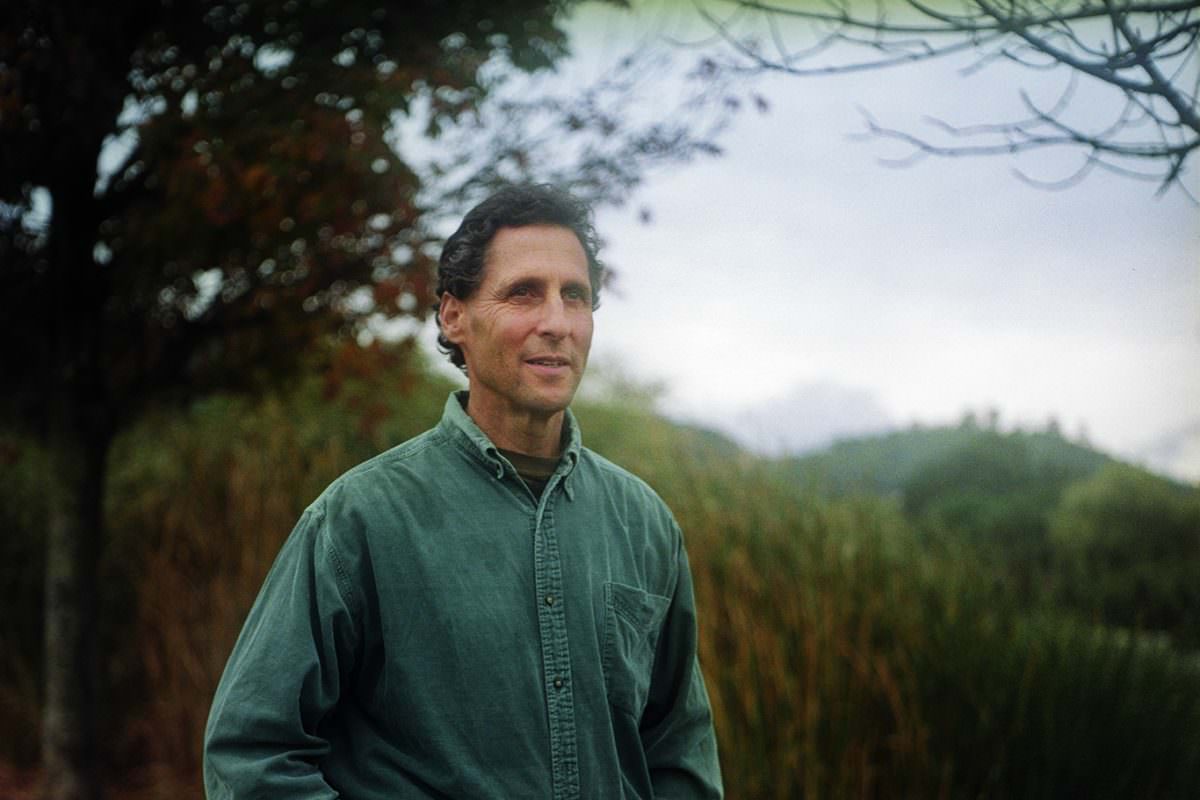The Canada-based farmer-activist urges city dwellers to wake up and smell the local produce.

Founder of the Center for Urban Agriculture at Fairview Gardens in Goleta, California, Ableman has planted edible gardens at a Santa Barbara AIDS hospice and a housing project in Los Angeles’ Watts neighborhood. Though he decamped to British Columbia about 15 years ago, establishing a private family farm on Salt Spring Island, the activist is still plenty passionate about public outreach.
In 2009, Ableman helped launch the Vancouver nonprofit Sole Food Street Farms, which transforms vacant city lots into thriving produce operations – an experience he chronicles in his latest book, Street Farm: Growing Food, Jobs, and Hope on the Urban Frontier. “Our food system suffers from a crisis of participation, with a tiny percentage of the population growing nourishment for the rest,” he explains. “To address that, you have to go where people predominate. Engage urbanites in the process, and they’ll understand that food doesn’t just magically appear on grocery store shelves and restaurant plates.”
What’s the key to running a farm, instead of letting the farm run you?
Anyone who farms full-time will admit that the demands don’t always lend themselves to a balanced life. At age 62, I’ve realized that you’ll be more successful if you stand back and trust other people. Some of our employees at Sole Food are dealing with addiction and mental-health issues, but their skill level is unbelievable. People who’d never before held a job for more than five or six months have been with us for seven years.
How should wannabe farmers learn the trade?
I never studied formally, never went to college. But when you’ve made every mistake, as I have, that results in real knowledge. Agriculture is based on a 7,000-year tradition of trial and error. We have to continue to be willing to fall down in order to move forward. It’s almost a necessity to make those discoveries on your own.
Which risks are worth taking?
The key to experimentation is to limit your capacity for failure to what you can financially absorb. That equation will be different for every farm and farmer. On my farm, we’re constantly pushing the limits. There’s an incredible range of possibilities within hardiness zones, beyond what you’ve been told. And in California, where water’s always an issue, I grew tomatoes without irrigation by planting them deeply, like trees, so they were forced to rely on existing soil moisture.
Any financial words of wisdom?
Don’t raise or invest money until you’ve actually done the work for a few years at somebody else’s expense. I’ve saved beginners from themselves by letting them apprentice and recognize that agriculture isn’t for them. Know the community you’re serving and what they want in terms of food. And start small and focused: You may be tempted to grow a lot of different things, but it takes time to master one particular crop.
How about marketing that produce?
If you’re really outgoing and want weekly feedback, sell directly to consumers via farmers markets or a CSA. Otherwise, focus on wholesale or restaurants. It depends on your personality.